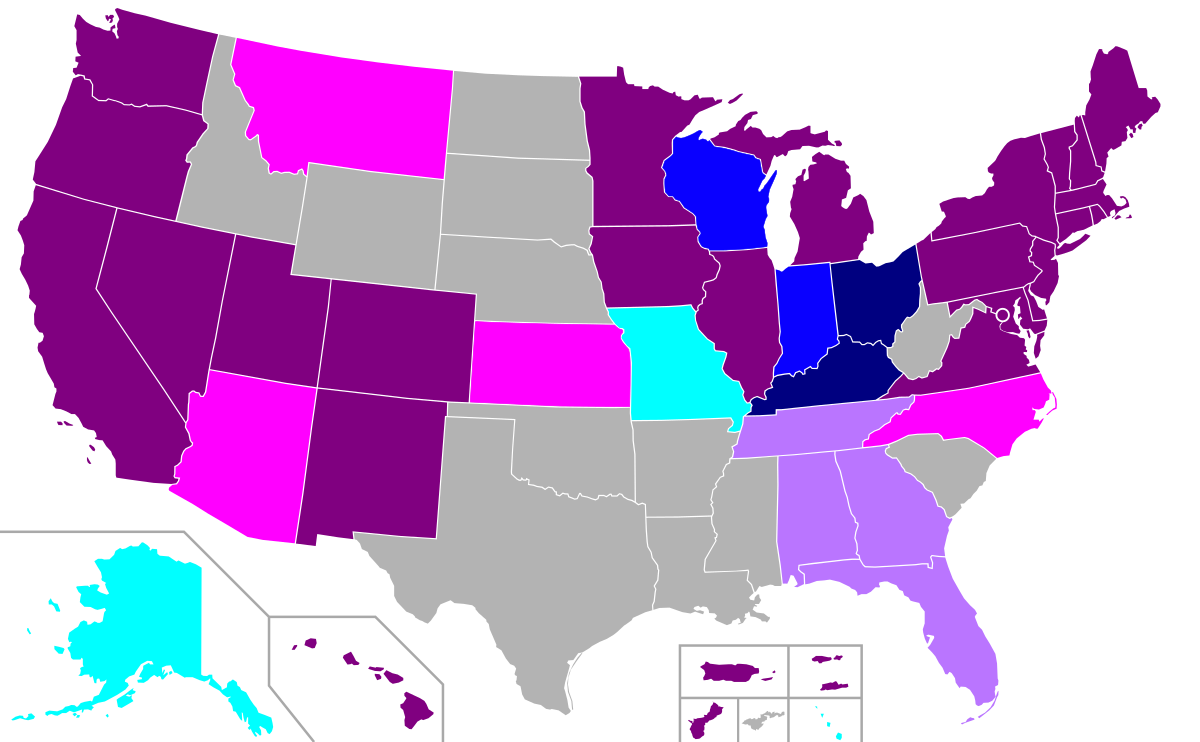Originally posted by jdmee
View Post
You have gone on record as saying a baker should not have to make a cake for a same-sex wedding because that might interfere with the baker's personal religious beliefs. What if that baker has the belief that interracial marriages are sinful? The baker says "I'm not going to bake that cake for that wedding because the marriage is sinful." Is that acceptable? If yes, fine. We'll agree to disagree. If no, how do you propose the government determine which religious beliefs are legitimate enough to warrant discrimination and which ones are not as legitimate?



Comment